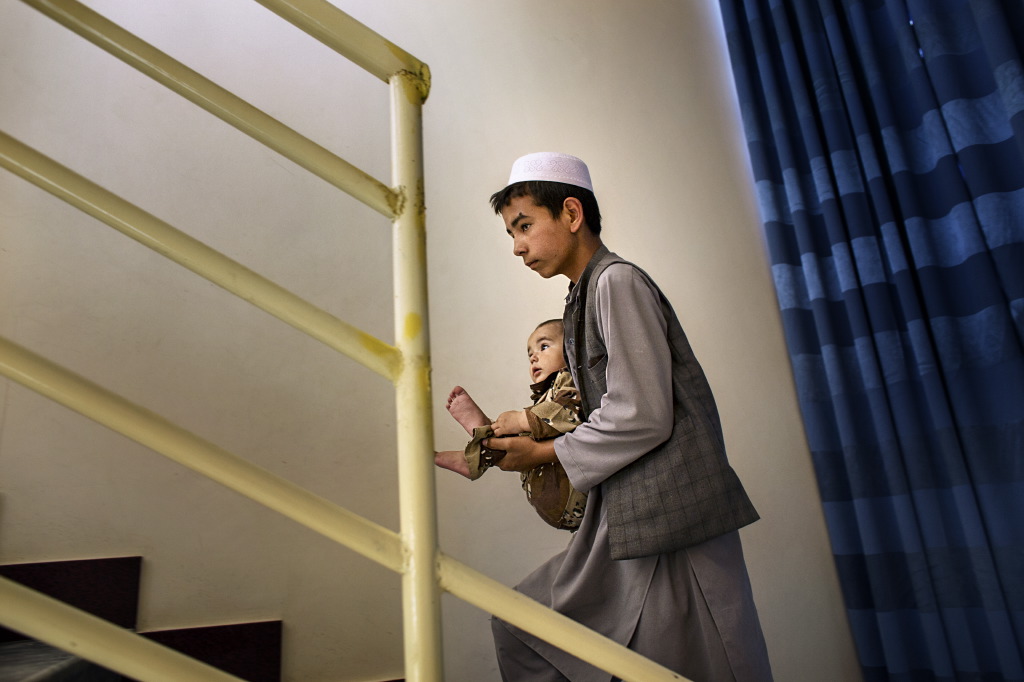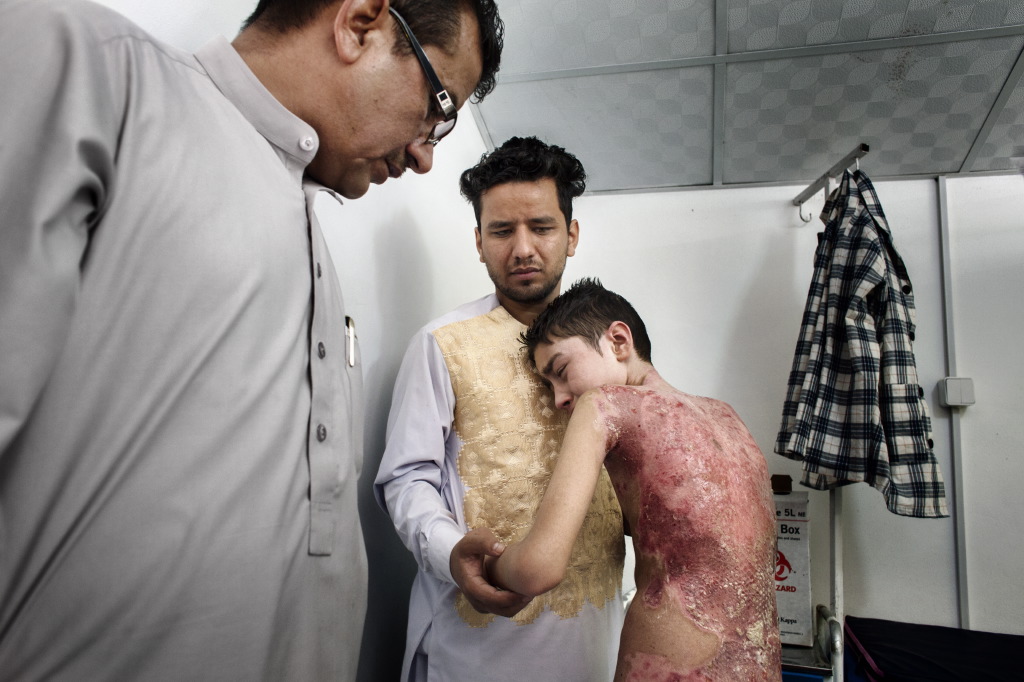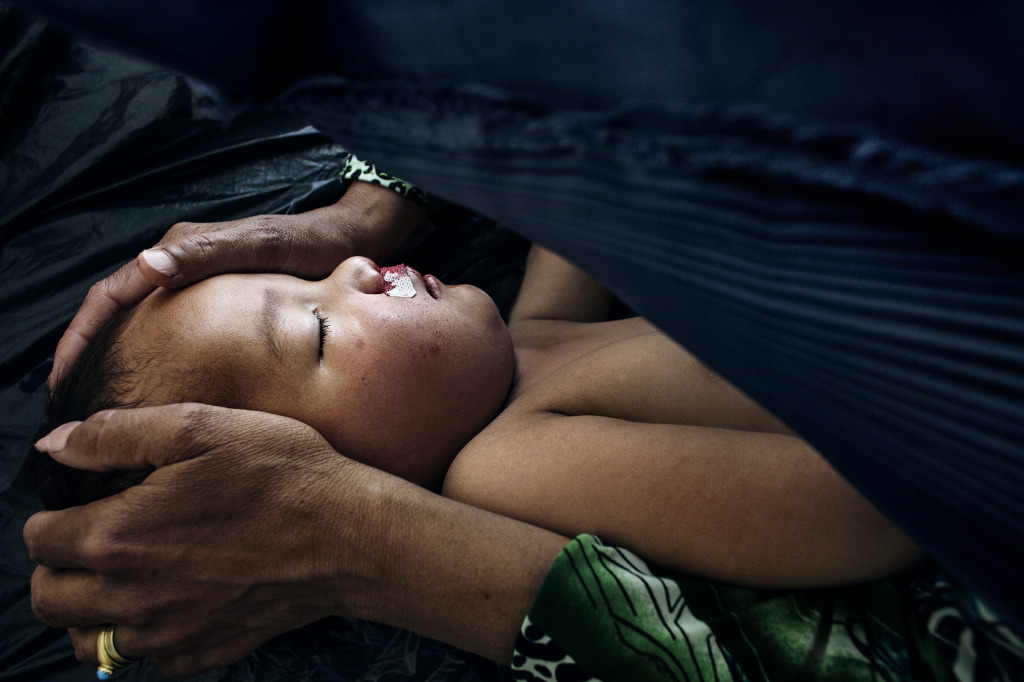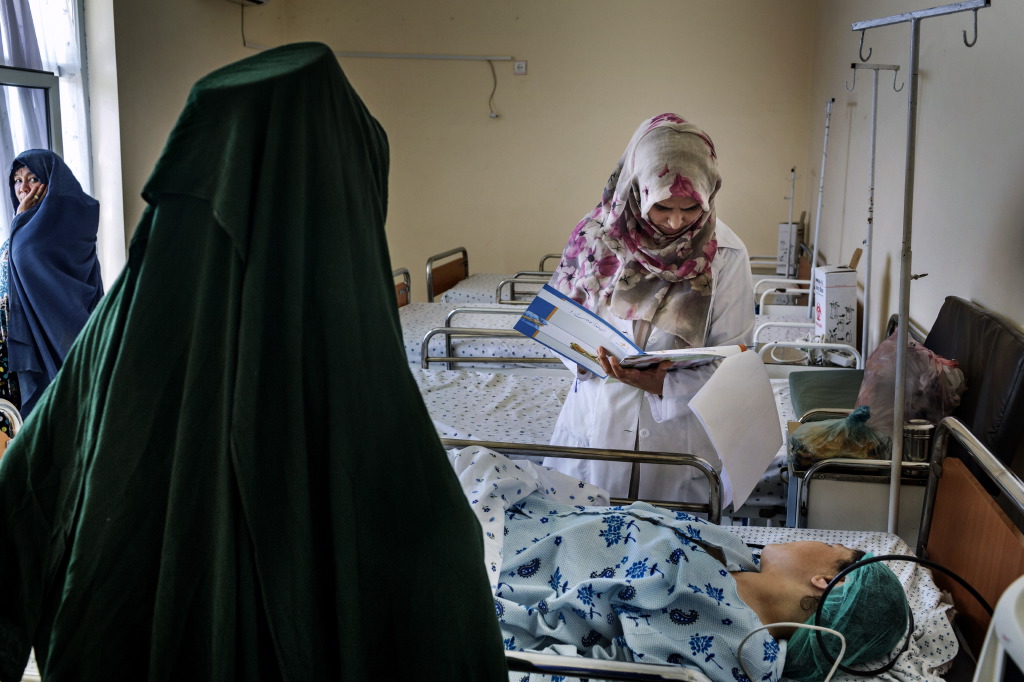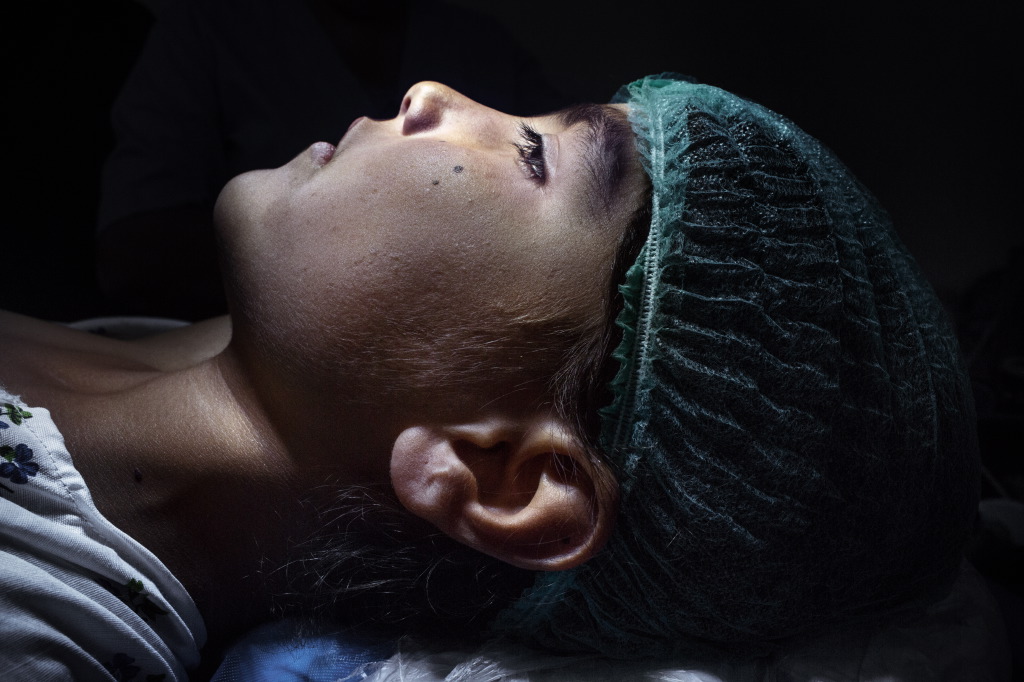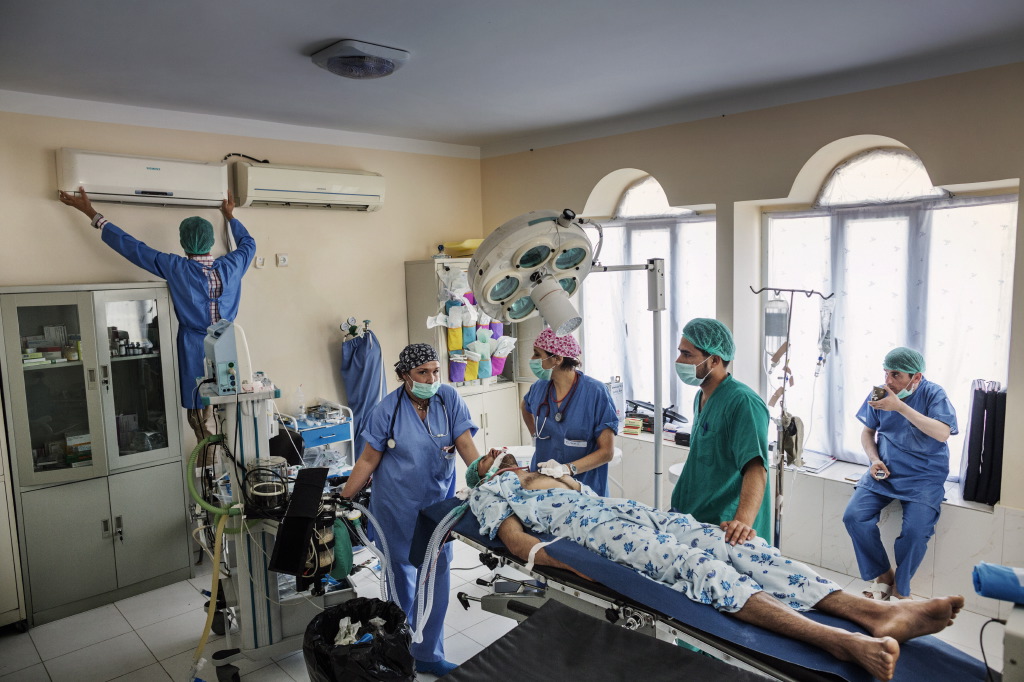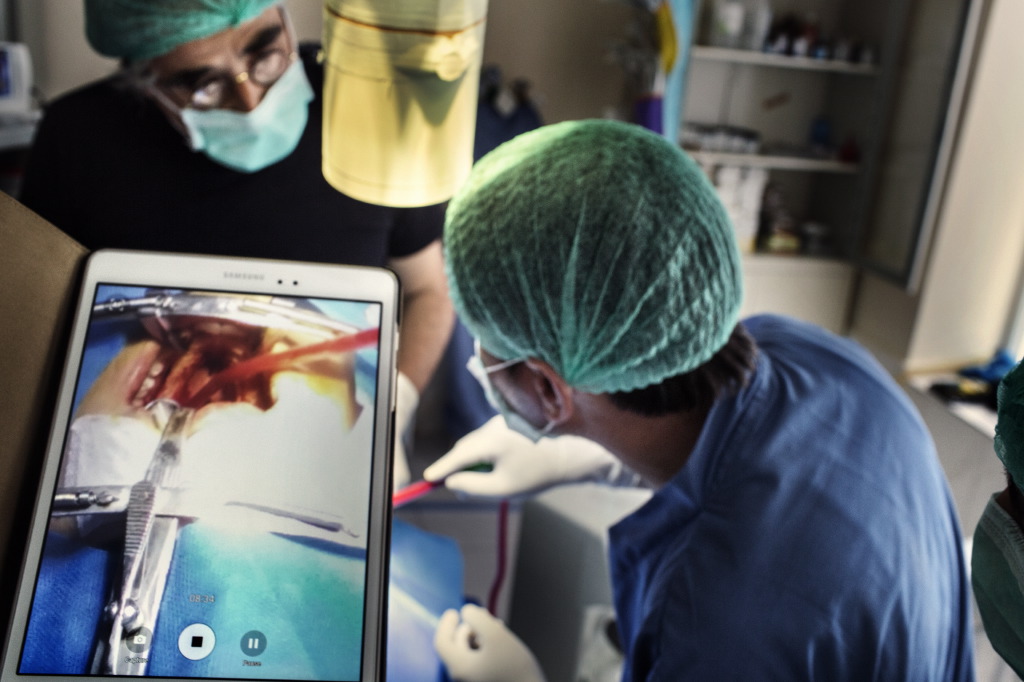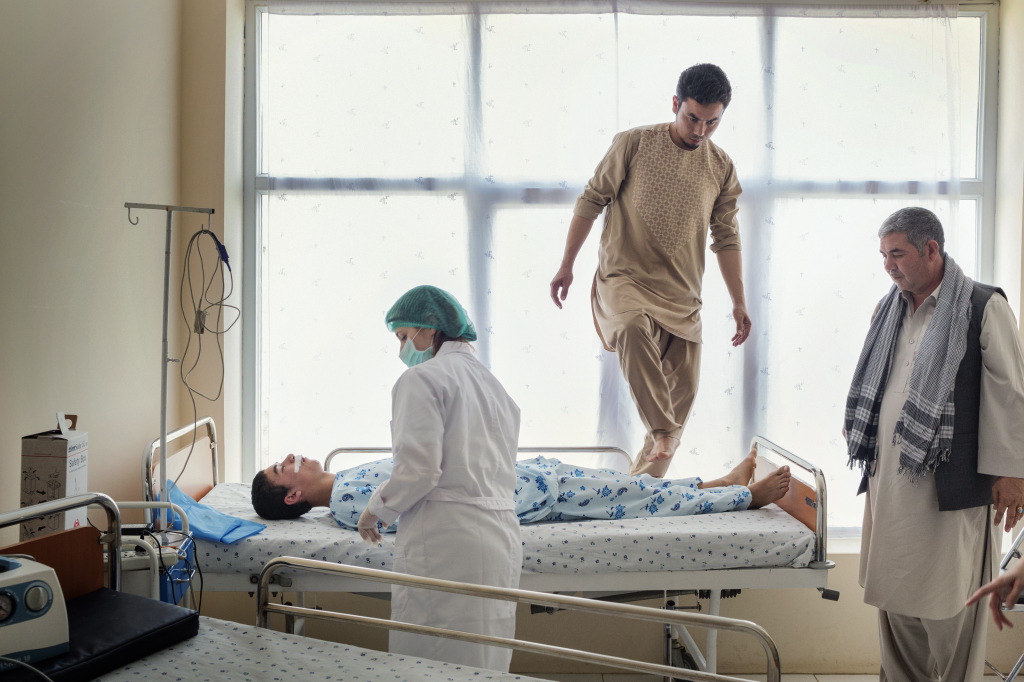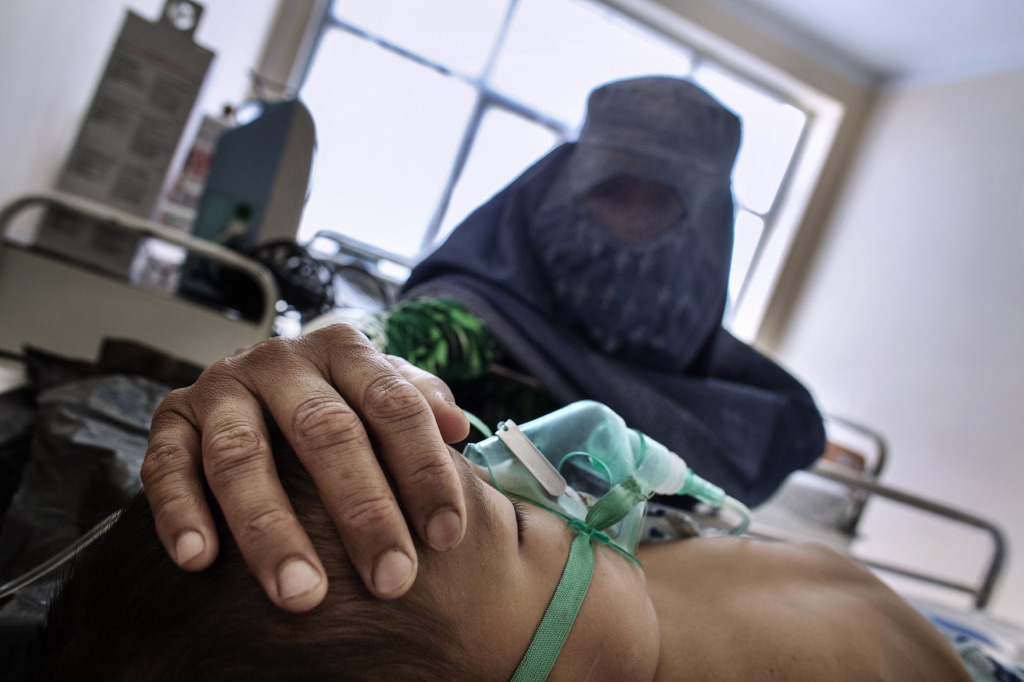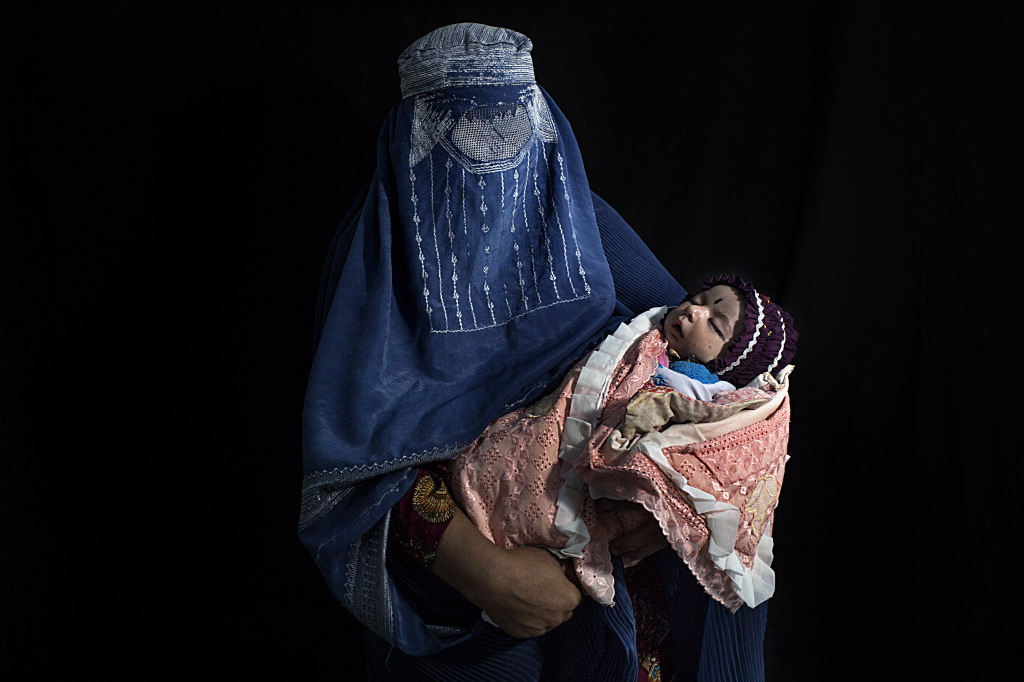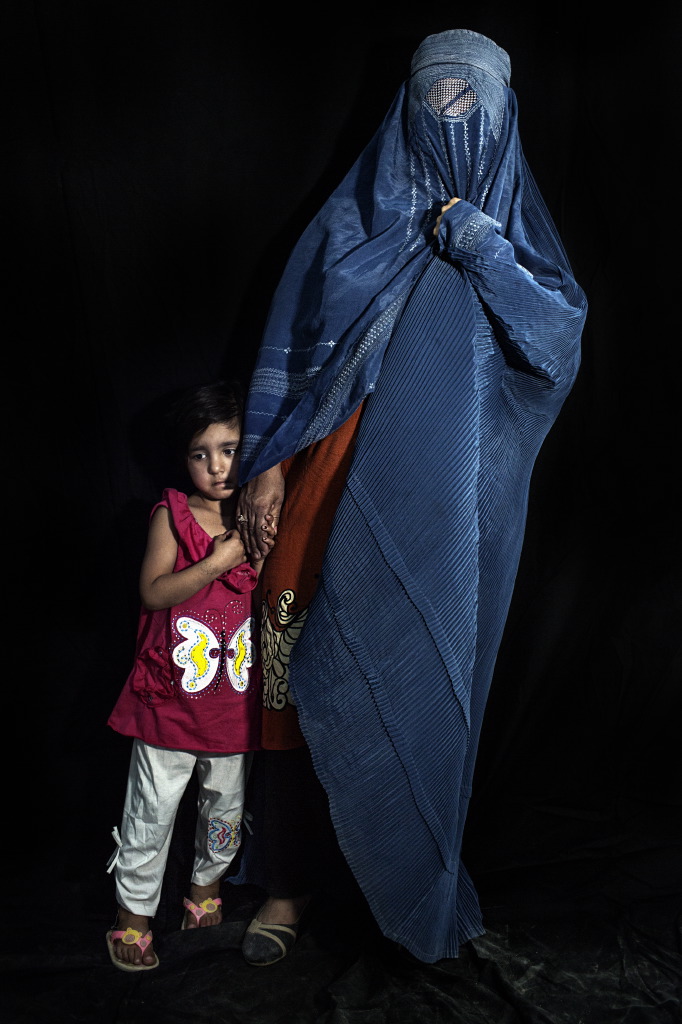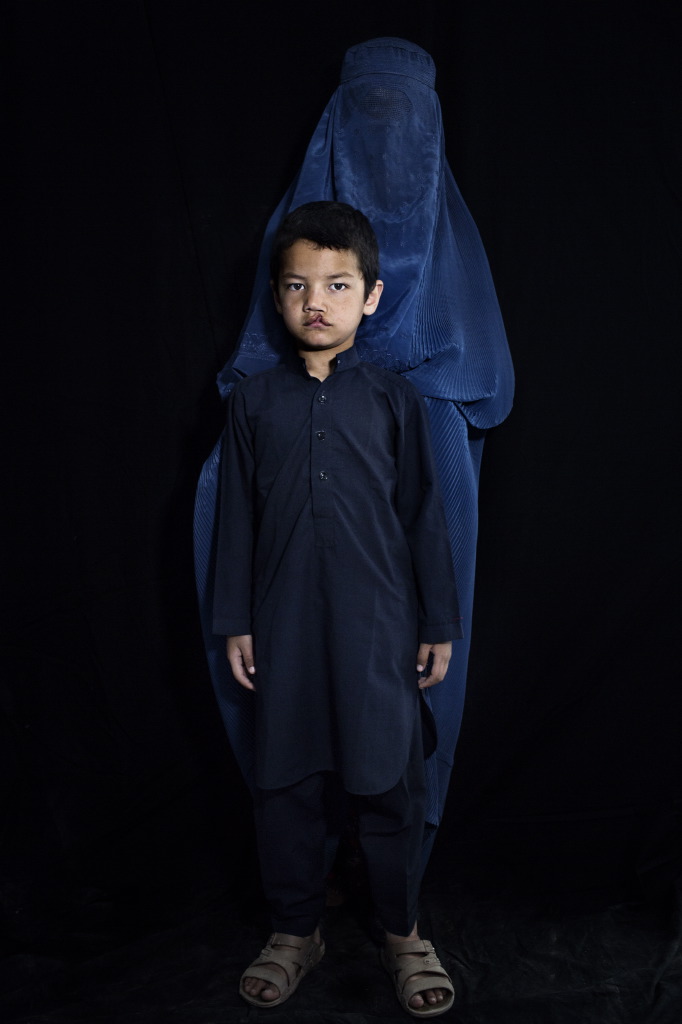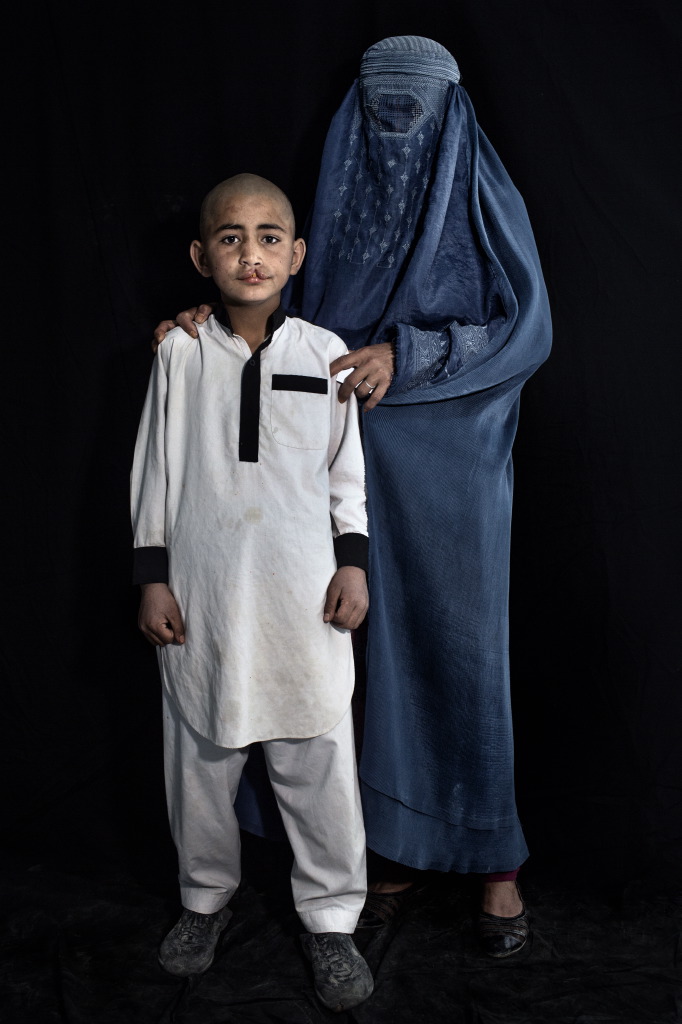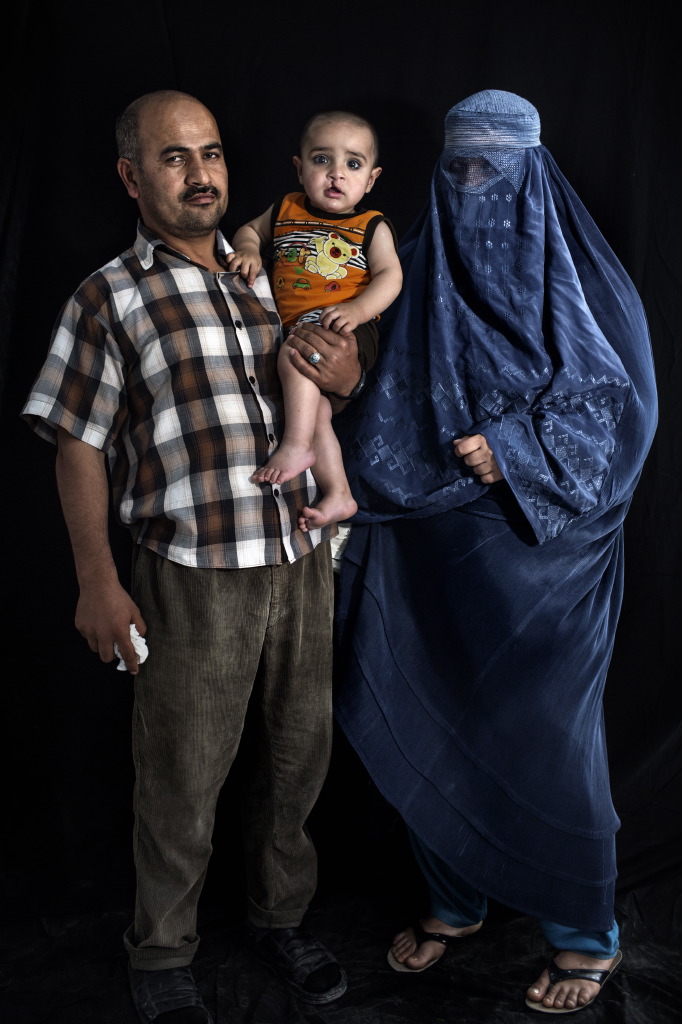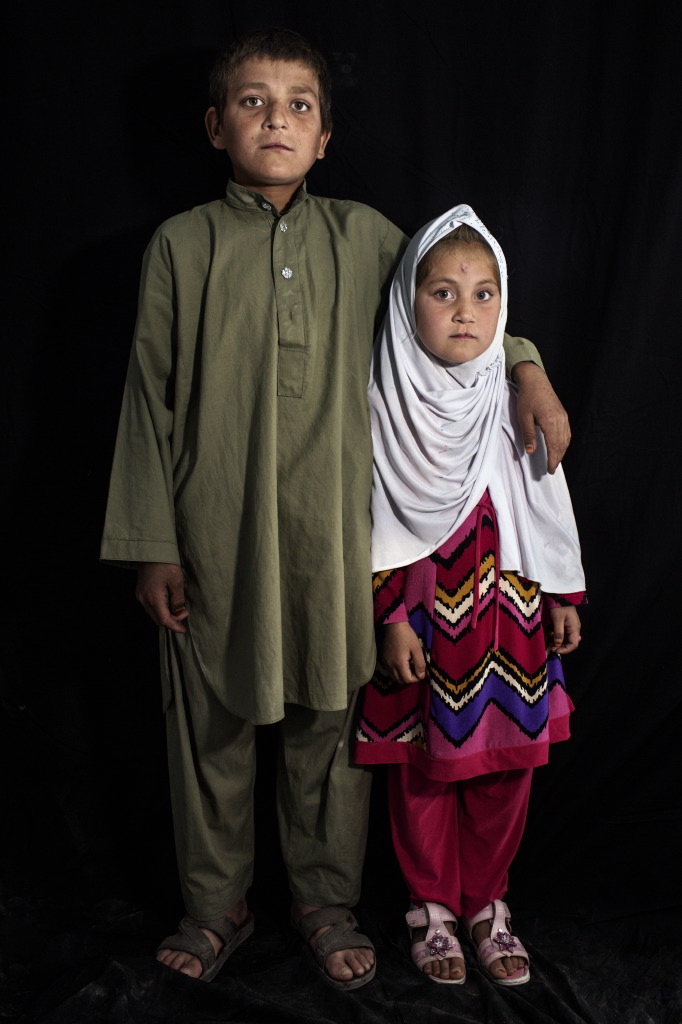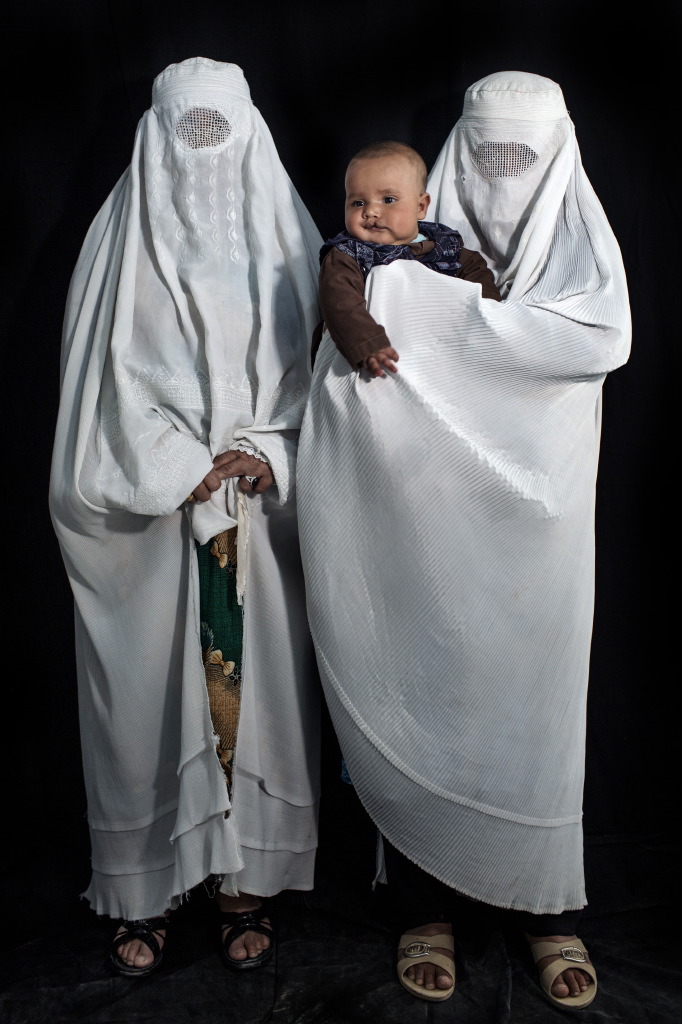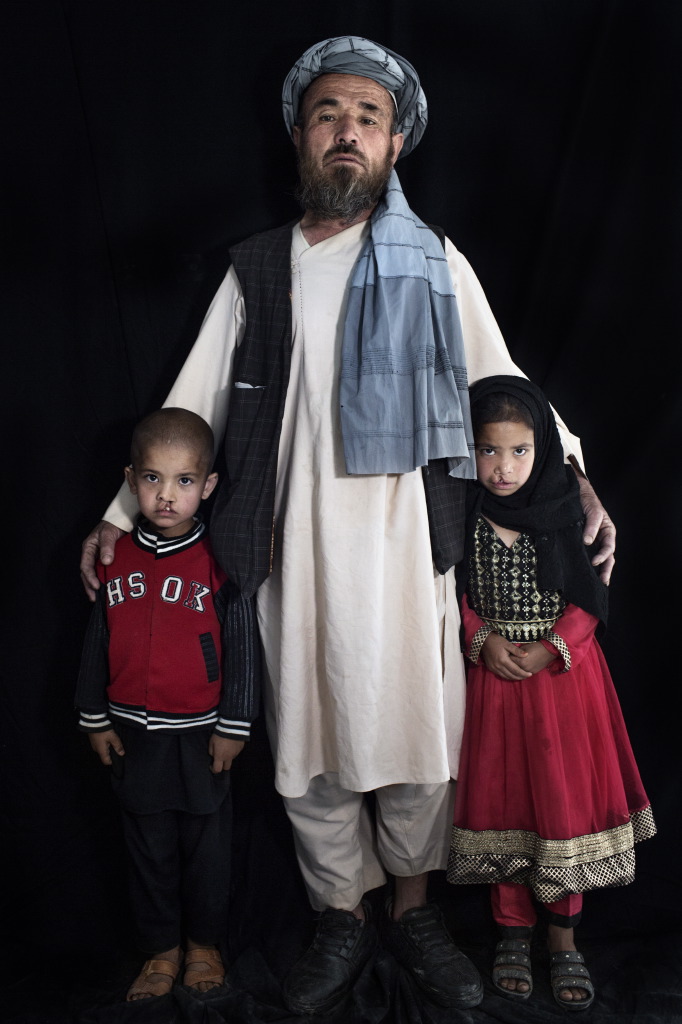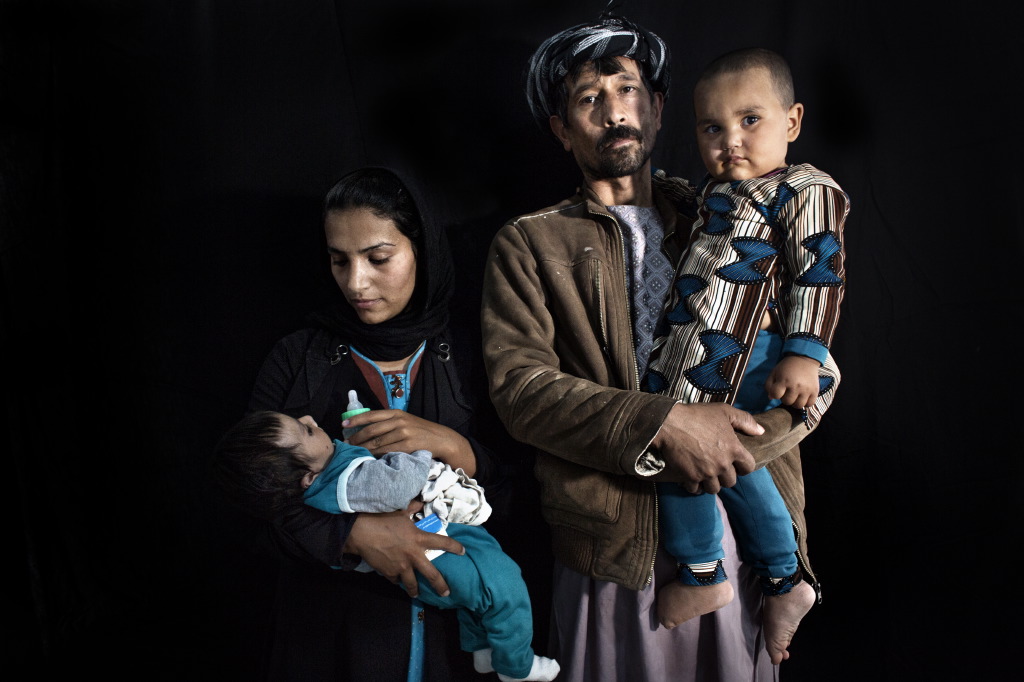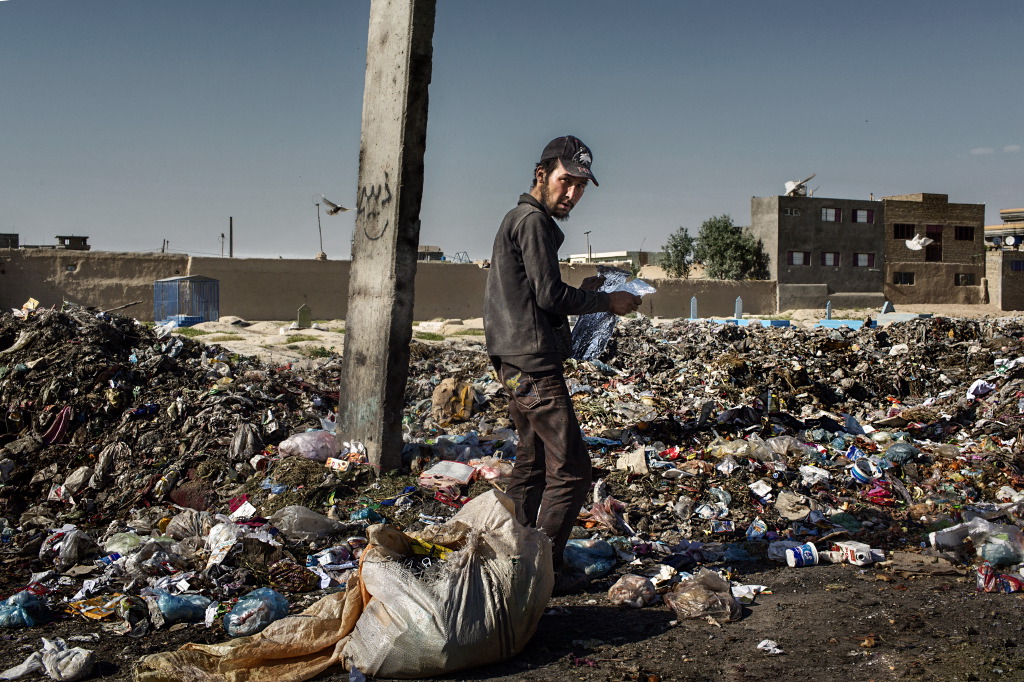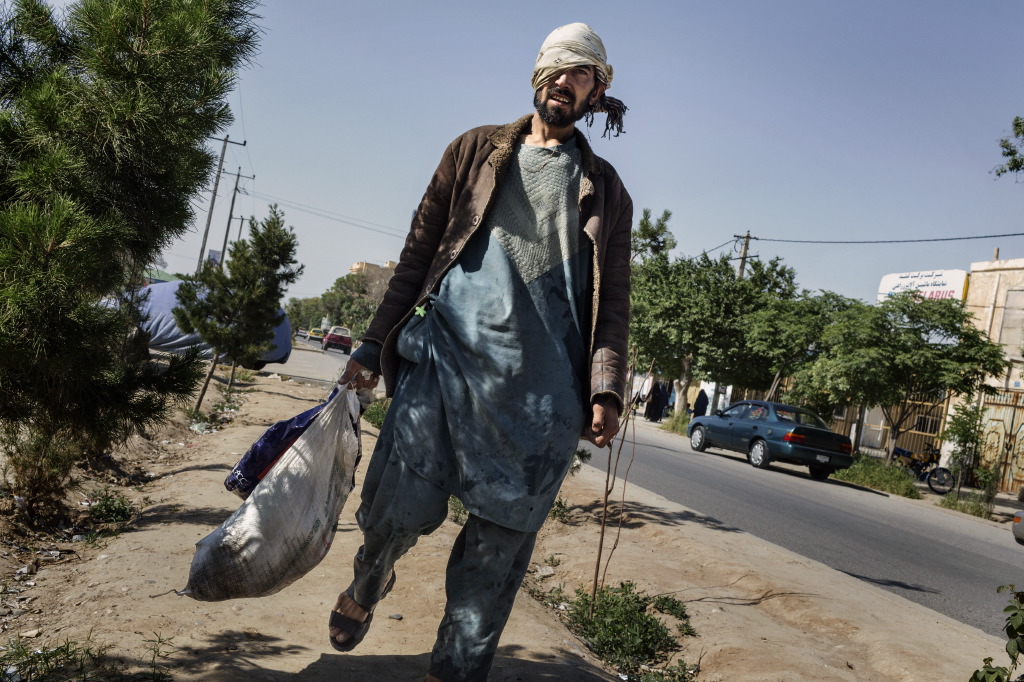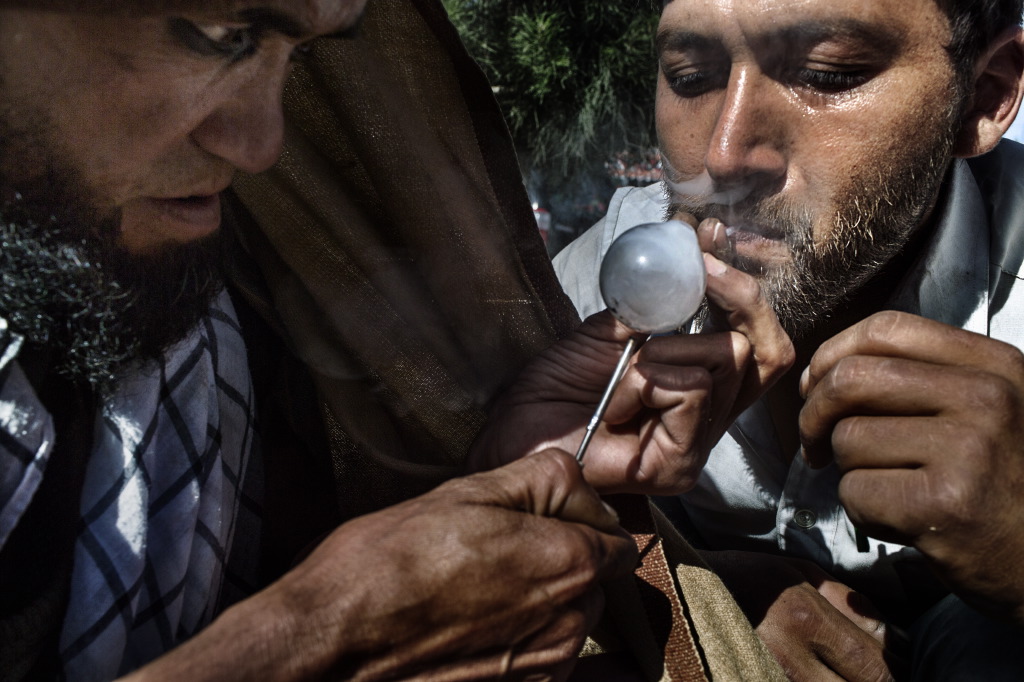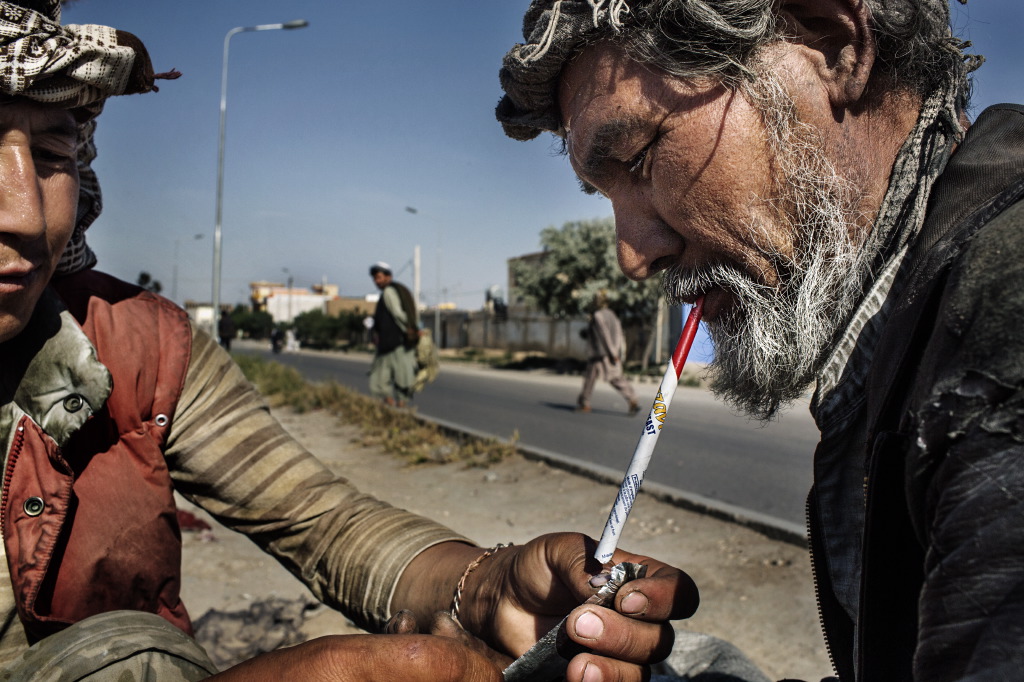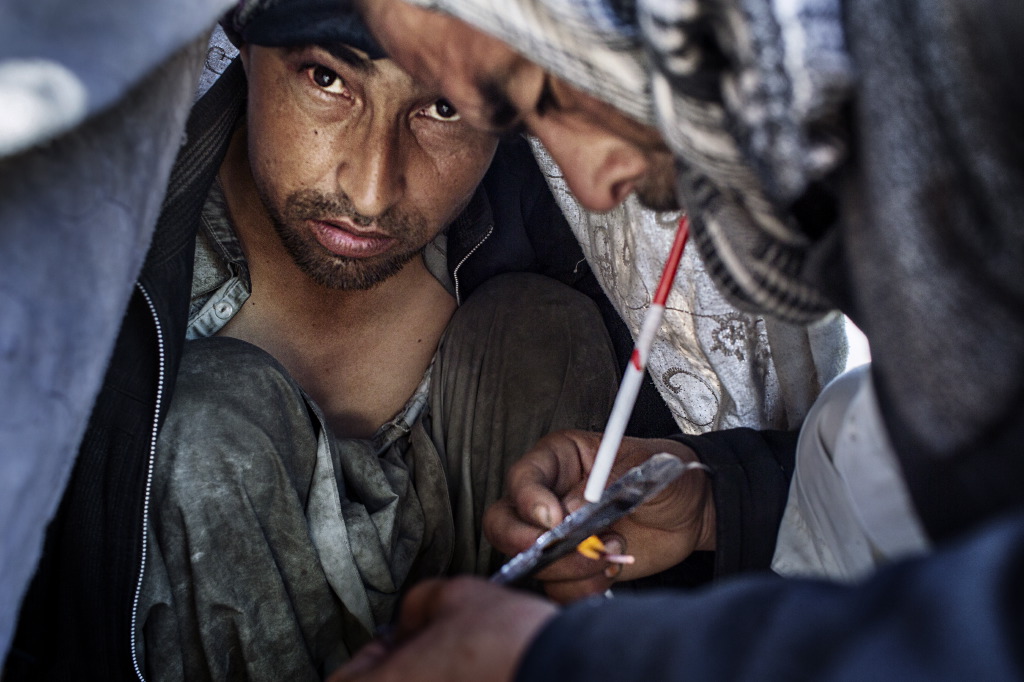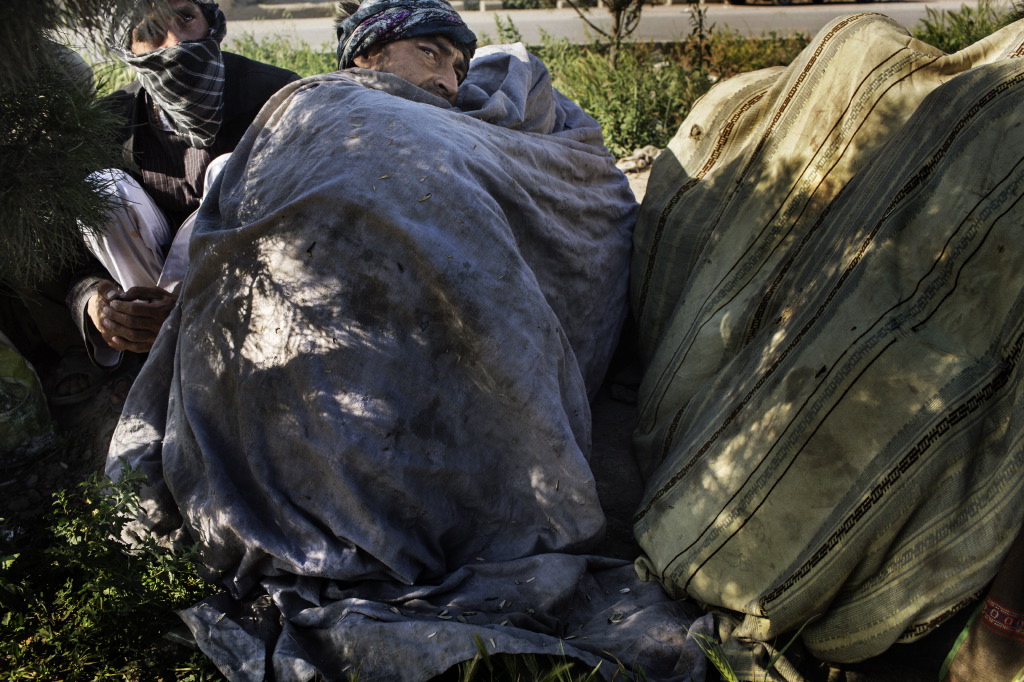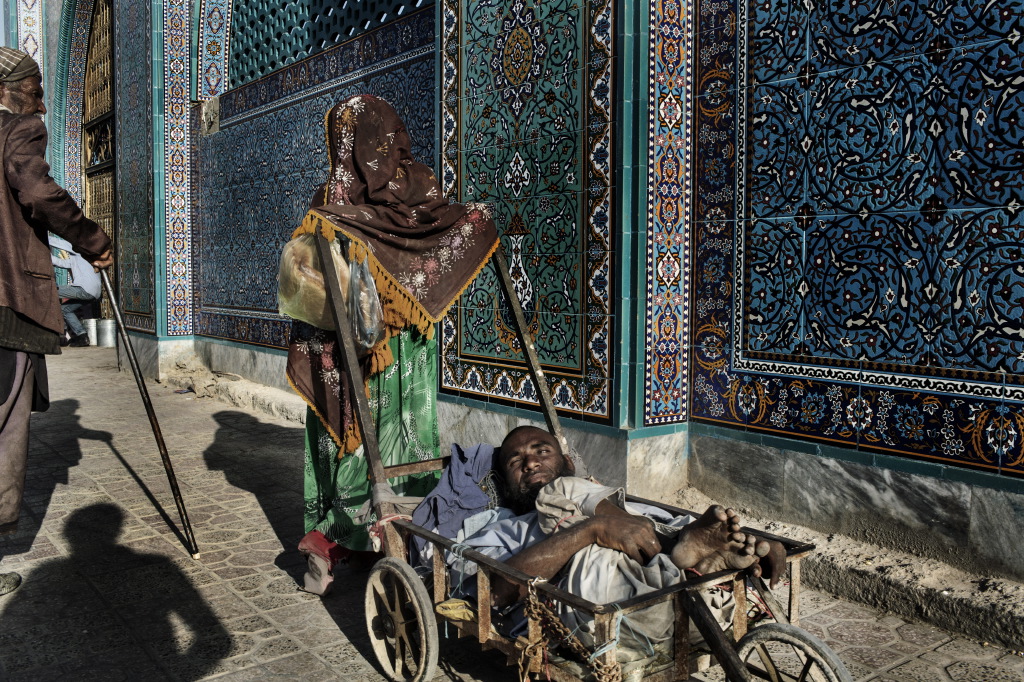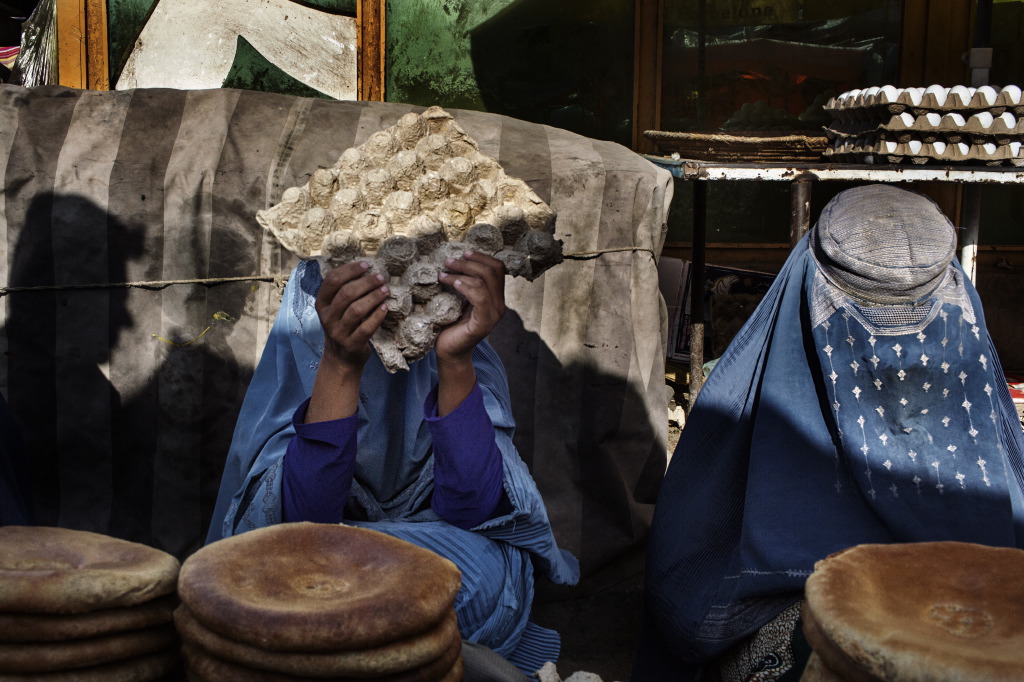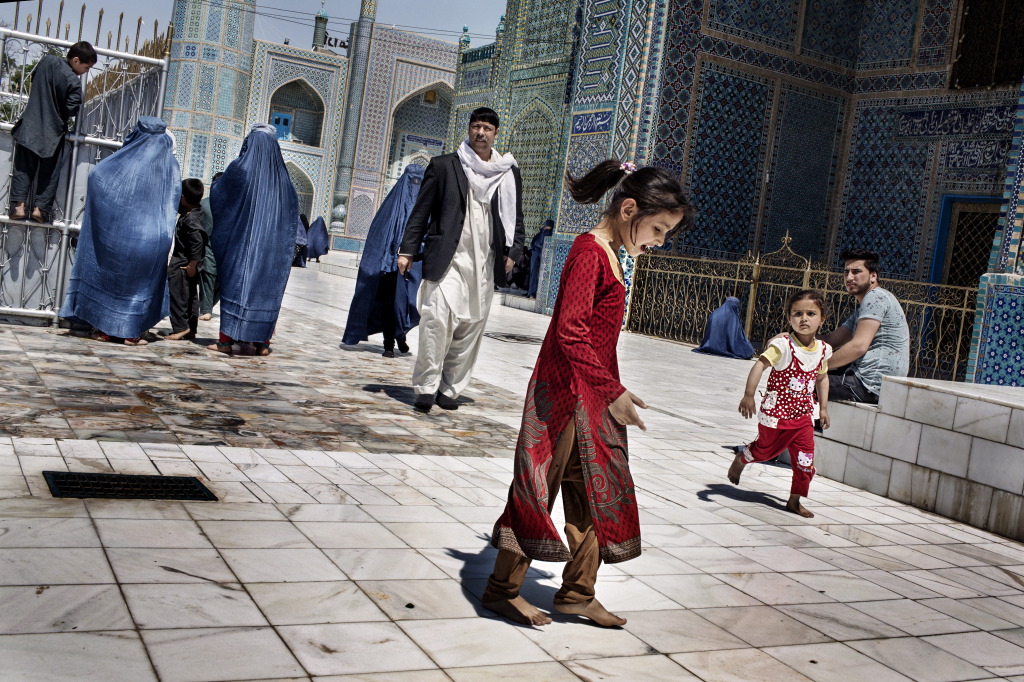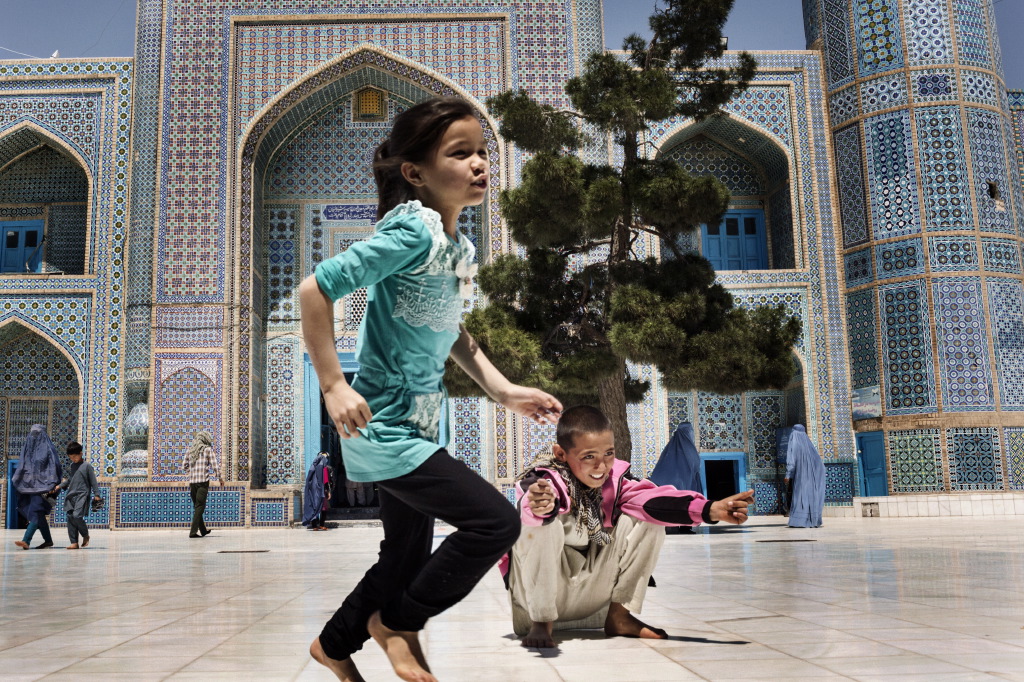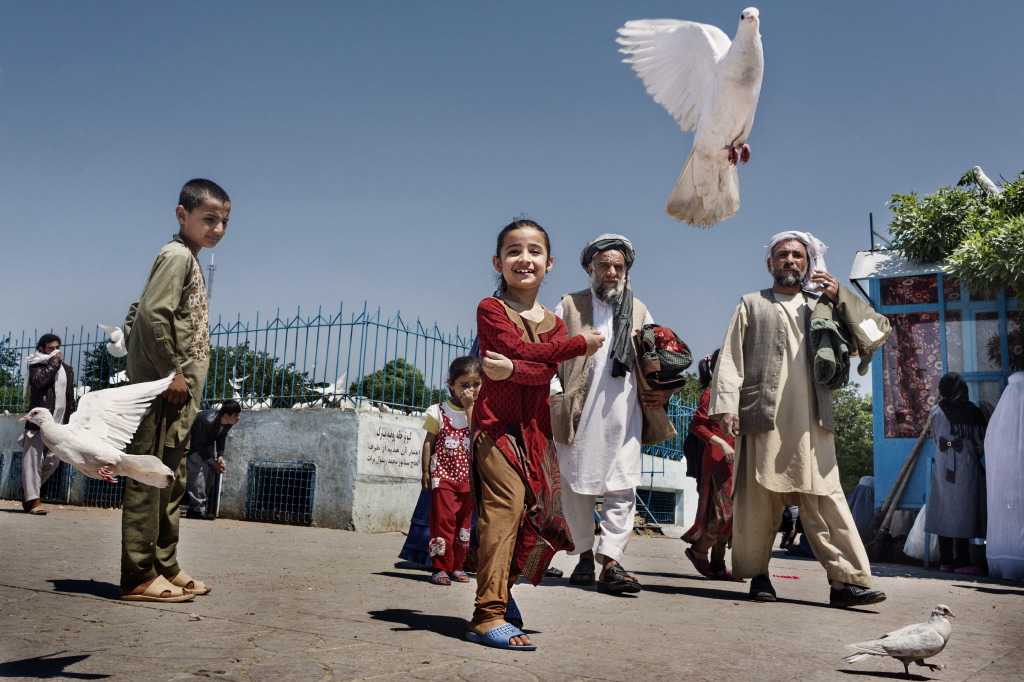X
Not a day goes by that Afghanistan isn’t stained with blood due to terrorists’ attacks, explosions and conflicts between Taliban guerrillas and government troops. War is like a dark shadow which goes along with people’s daily life, characterizing their rhythm, times and expectations. Afghanistan is a very poor country, whose economy is based on the production of opiates for export, which represents 13% of national GDP. After decades of war and devastation, the health care system is completely worn out and access to health care has become a privilege for a few; there is shortage of equipped facilities and medicines, particularly in those regions most affected by violence. The presence of humanitarian organizations makes the difference for the population. This photo reportage was shot by Luca Catalano Gonzaga in April 2016 in Mazar-i Sharif. Considered as the actual northern gate of Afghanistan, this city is located at the crossroads of the route that takes to Turkmenistan, Uzbekistan and Tajikistan or to Central Asia and Russia. This strategic position makes it a junction for drug trafficking that greatly influences the political and military relationships. Even in the city, the use of hard drugs is widespread; approximately 2.000 drug addicts meet at Parwazah Balch (the gate of Parwazah) and use shishah, crystal and heroin, which they inject in the street. The volunteer surgical team of Emergenza Sorrisi Onlus acts in Mazar-i Sharif, performing delicate plastic surgery to children born with facial deformities or burned due to domestic accidents or unexploded ordnances. (text by Sebastiano Caputo).
